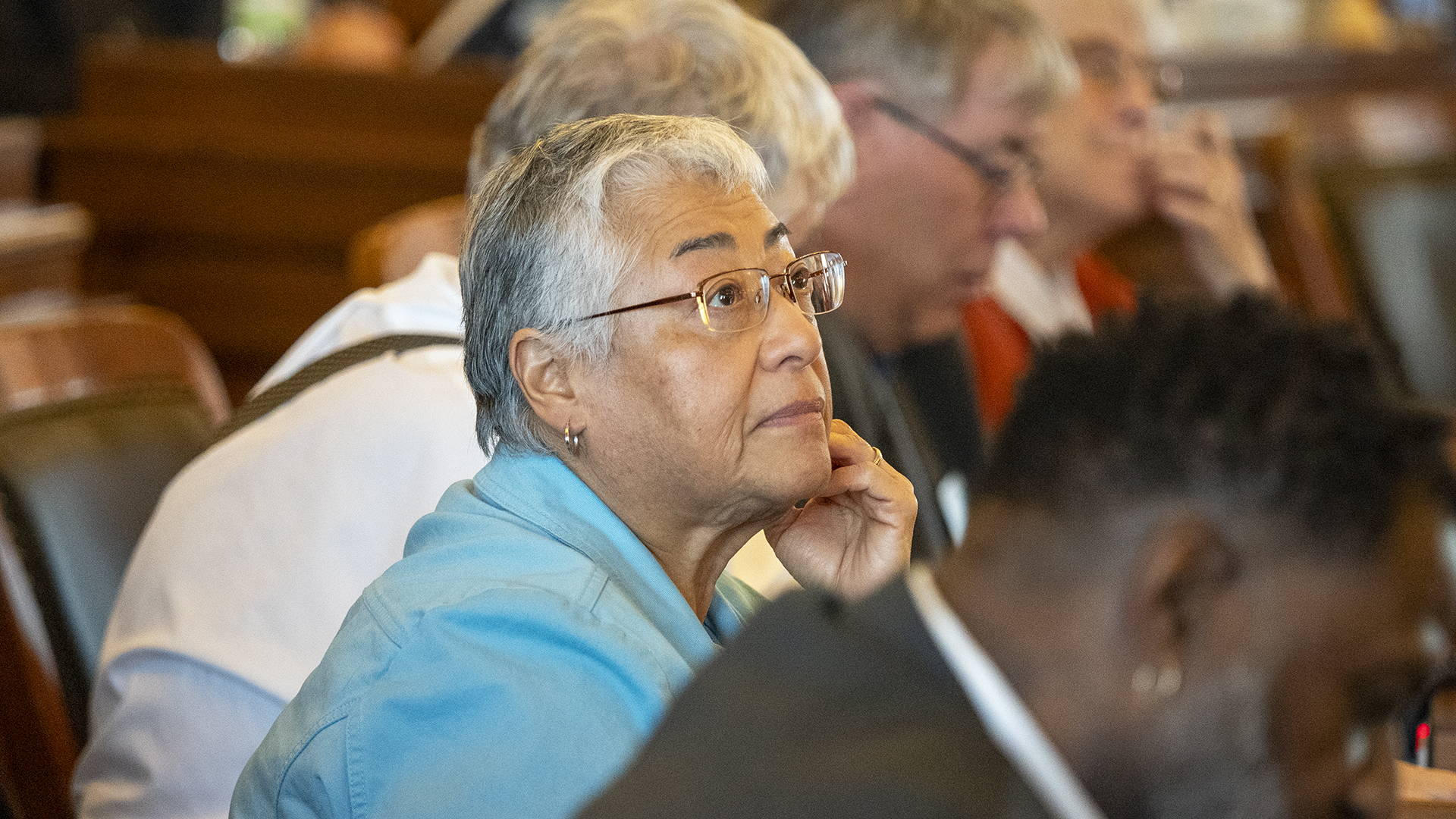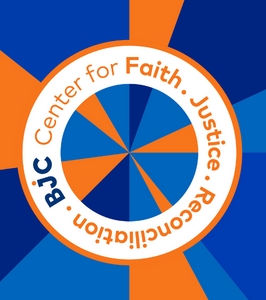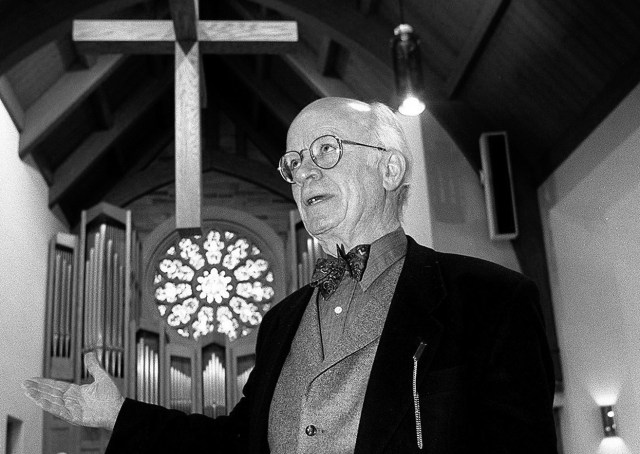Religious Exemption Law Threatens LGBTQ+ Foster Children's Placement in Kansas
Religion
2025-04-15 16:04:30Content

In a controversial move, Kansas legislators have passed a new law that could significantly impact LGBTQ+ youth in the foster care system. The legislation allows foster parents to decline placement of children based on religious or moral objections to a child's sexual orientation or gender identity.
This groundbreaking bill introduces a complex layer of discretion for potential foster families, potentially limiting placement options for LGBTQ+ youth who are already navigating the challenging foster care system. Advocates argue that the law could further marginalize vulnerable young people, while supporters claim it protects the religious freedoms of foster parents.
The legislation raises critical questions about the balance between protecting children's rights and respecting parental beliefs. LGBTQ+ youth, who often face higher rates of rejection and displacement, may now encounter additional barriers to finding stable, supportive homes.
As the law takes effect, child welfare organizations and LGBTQ+ rights groups are closely monitoring its potential impact on the most vulnerable members of Kansas's foster care population. The debate continues to highlight the ongoing tensions between individual rights, religious freedoms, and the best interests of children in need of loving homes.
Religious Beliefs Reshape Foster Care Placement Policies in Kansas
In a groundbreaking legislative move that has sparked intense debate across the state, Kansas lawmakers have enacted a controversial bill that fundamentally transforms how foster children are placed with families, introducing unprecedented considerations around religious and moral beliefs in the placement process.Challenging Perspectives: A Watershed Moment in Child Welfare
The Legislative Landscape of Foster Care Dynamics
The recent legislative action in Kansas represents a profound shift in child welfare policies, specifically addressing the complex intersection of religious freedoms and LGBTQ+ youth protection. By permitting foster families to decline placement based on sexual orientation or gender identity, lawmakers have introduced a nuanced and potentially divisive approach to child placement strategies. Historically, foster care systems have prioritized child welfare and psychological stability as paramount considerations. However, this new legislation introduces a layer of complexity that challenges traditional placement protocols. Religious organizations and conservative advocacy groups have long argued for greater flexibility in placement criteria, suggesting that familial alignment with moral and religious convictions contributes to a more stable home environment.Implications for LGBTQ+ Youth in the Foster System
The potential consequences of this legislative change are far-reaching and multifaceted. LGBTQ+ youth, who already face significant challenges within the foster care system, may now encounter additional barriers to finding supportive and affirming living environments. Mental health professionals and child welfare experts have expressed concerns about the potential psychological impact of placing children in households that may not fully accept their sexual orientation or gender identity. Research consistently demonstrates that supportive environments are crucial for adolescent psychological development. By potentially allowing placement in homes that do not provide complete acceptance, the new law could expose vulnerable youth to additional emotional and psychological stress. The long-term ramifications of such placements remain uncertain but potentially significant.Constitutional and Ethical Considerations
The legislation raises complex constitutional questions regarding religious freedom, child welfare, and anti-discrimination protections. Legal scholars are closely examining the potential challenges this law might face under existing federal and state anti-discrimination statutes. Constitutional experts suggest that while religious freedoms are constitutionally protected, they must be balanced against the fundamental rights and well-being of children. The delicate balance between respecting religious beliefs and ensuring comprehensive child protection represents a nuanced legal and ethical challenge that will likely be subject to extensive judicial review.Broader Social and Political Context
This legislative action is not occurring in isolation but reflects broader national conversations about LGBTQ+ rights, religious freedoms, and child welfare policies. Kansas joins a growing number of states exploring similar legislative approaches that seek to provide greater discretion to foster families based on religious convictions. Advocacy groups on various sides of this issue are mobilizing, preparing potential legal challenges, and engaging in public discourse. The potential long-term societal implications extend far beyond the immediate foster care placement mechanisms, touching on fundamental questions of social inclusion, religious liberty, and child protection.Potential Future Developments
As this legislation takes effect, child welfare organizations, legal experts, and policymakers will be closely monitoring its implementation and impact. Future policy adjustments may be necessary as the practical implications of the law become more apparent. The dynamic nature of this policy suggests that ongoing dialogue, research, and potentially additional legislative refinements will be crucial in addressing the complex needs of foster children while respecting diverse religious and moral perspectives.RELATED NEWS
Religion

Faith, Freedom, and the Courtroom: Supreme Court Faces Explosive Charter School Dilemma
2025-05-01 12:45:55
Religion

Religious Exemption Law Threatens LGBTQ+ Foster Children's Placement in Kansas
2025-04-15 16:04:30






